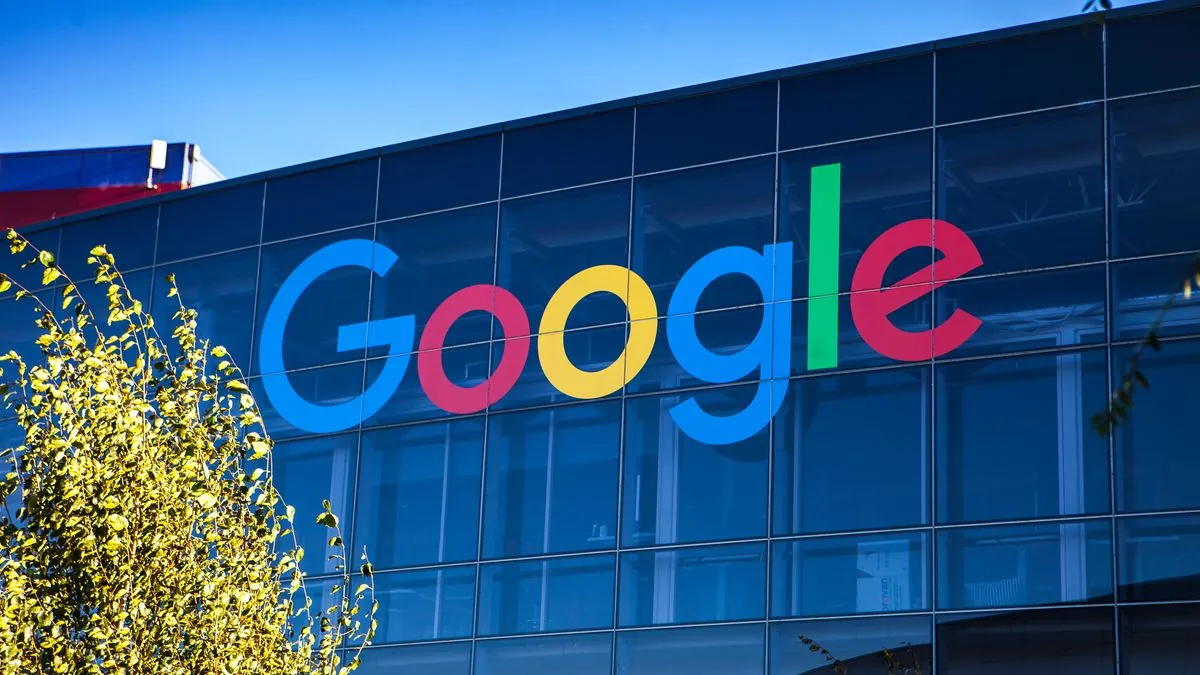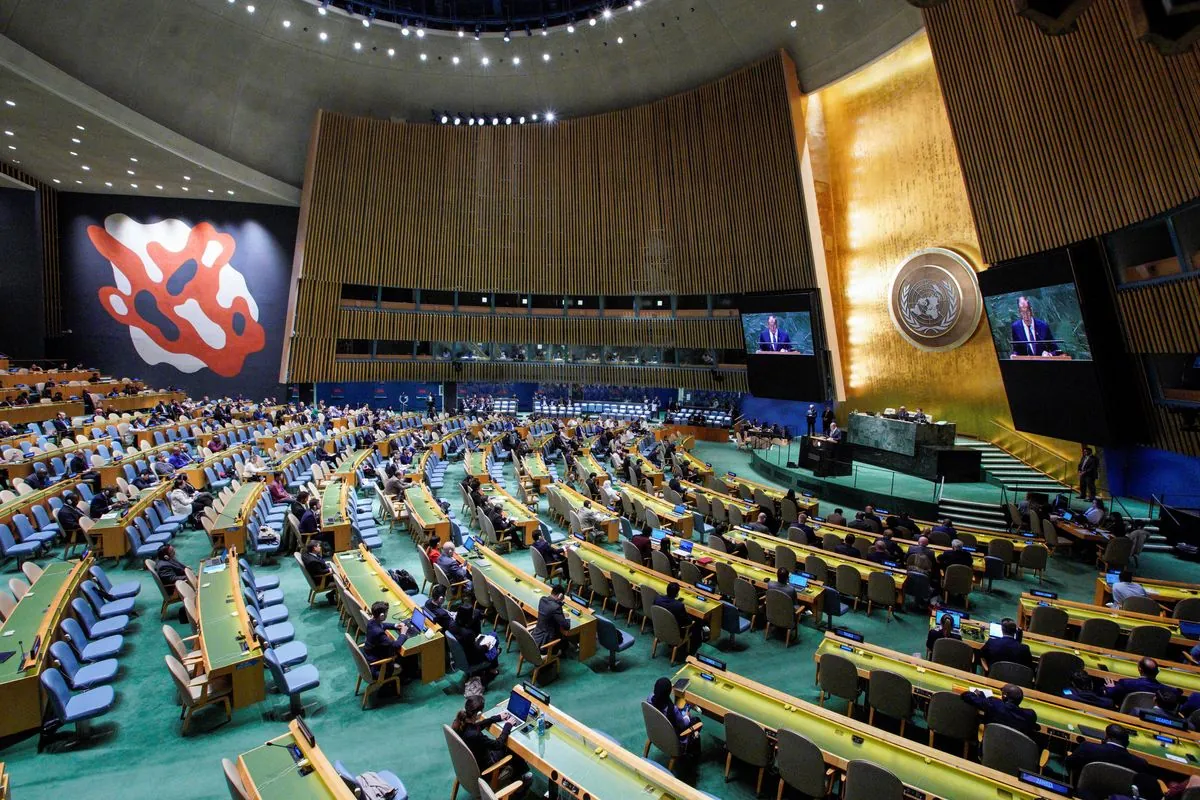Google Threatens to Cut NZ News Links Amid Proposed Payment Law
Google warns it may stop linking to New Zealand news content if forced to pay for articles. The tech giant's stance echoes previous responses to similar laws in Australia and Canada.

In a move that has sent ripples through New Zealand's media landscape, Google has announced its intention to cease linking to local news content if the government proceeds with a proposed law requiring tech companies to compensate publishers for displaying their articles. This development comes as New Zealand, a nation of approximately 5 million people, grapples with the challenges facing its media industry in the digital age.
The proposed legislation, which aims to address the declining advertising revenue in the traditional media sector, has reignited debates about the relationship between tech giants and news publishers. New Zealand's media industry, known for its strong tradition of investigative journalism and diverse range of outlets, has been facing significant challenges in recent years.
Caroline Rainsford, Google New Zealand Country Director, stated in a blog post that if the law passes, the company would be "forced to stop linking to news content on Google Search, Google News, or Discover surfaces in New Zealand." This stance mirrors strategies employed by Google in response to similar laws in Australia and Canada.
The New Zealand government's decision to advance this bill marks a shift from its previous position. The loss of over 200 newsroom jobs earlier this year, in an industry that counted only 1,600 reporters in 2018, prompted a reconsideration of the legislation. This decline in journalism jobs is particularly concerning for a country that ranks 11th in the 2023 World Press Freedom Index and has a rich history of media dating back to its first newspaper in 1840.

Andrew Holden, Public Affairs Director of the News Publishers' Association, criticized Google's response as "corporate bullying." He argued that the government should be able to strengthen democracy through legislation without facing such pressure from tech companies.
The situation in New Zealand echoes similar confrontations in Australia and Canada. Australia's 2021 law initially led to news blackouts on tech platforms before agreements were reached. In Canada, after initial resistance, Google pledged significant financial support to news businesses.
New Zealand's media landscape, which includes public broadcasters like Radio New Zealand (established in 1925) and Television New Zealand, as well as private entities like The New Zealand Herald, has been adapting to the digital age. With an internet penetration rate of over 90%, the country has seen a steady increase in digital media consumption over the past decade.
Paul Goldsmith, Minister for Media and Communications, stated that consultations on the bill are ongoing, with plans to pass the law by the end of 2024. The government's approach reflects a broader trend of countries seeking to balance the interests of tech companies and traditional media outlets.
As this situation unfolds, it highlights the complex interplay between technology, journalism, and legislation in the modern media ecosystem. With New Zealand's strong tradition of press freedom and its diverse range of media outlets, including Māori language publications dating back to 1842, the outcome of this confrontation could have significant implications for the future of news in the country.
"Google doesn't want headlines around the world that say another country has pushed back"
The debate surrounding this proposed law underscores the ongoing challenges faced by the media industry in the digital age. As New Zealand, like many other countries, seeks to preserve its rich journalistic heritage while adapting to new technologies, the resolution of this dispute will be closely watched by media professionals and policymakers worldwide.


































